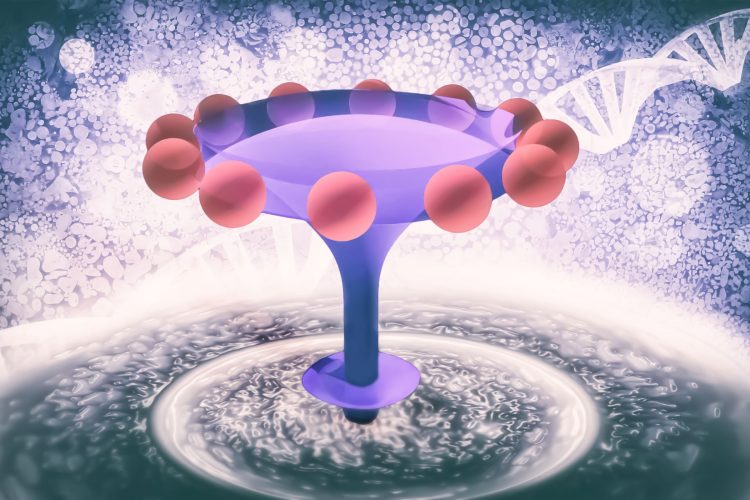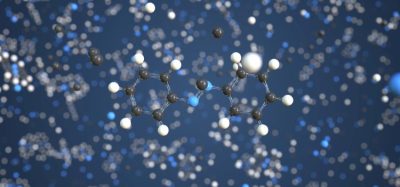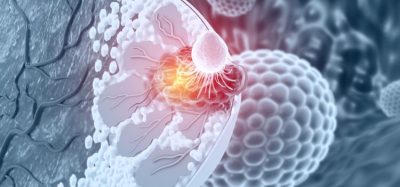‘Nano-submarines’ to help target headaches and tumours
Posted: 23 July 2018 | Mike Stones | 1 comment
Tiny drug-filled nanocarriers, termed ‘nano-submarines’, are being developed to boost the targeted treatment of headaches and tumours, without damaging healthy tissue…


Nanocarriers, or ‘nano-submarines’, are being developed to boost the targeted treatment of headaches and tumours.
Tiny drug-filled nanocarriers, termed ‘nano-submarines’, are being developed to boost the targeted treatment of headaches and tumours, without damaging healthy tissue.
The new method of enabling the nanocarriers to dock on to immune cells, which in turn attack tumours, is being developed by scientists at the Mainz University Medical Center and the Max Planck Institute for Polymer Research (MPI-P) in Germany.
The new method of binding antibodies to such drug capsules was originated by Professor Volker Mailänder and his team from the Department of Dermatology at the University Medical Center of Johannes Gutenberg University, Mainz (JGU).
“Up to now, we have always had to use elaborate chemical methods to bind these antibodies to nanocapsules,” said Prof Mailänder. “We have now been able to show that all that you need to do is to combine antibodies and nanocapsules together in an acidified solution.”
Binding nanocapsules and antibodies in this way is nearly twice as efficient as chemical bonding in the test tube and significantly improves the targeted transport of drugs, according to the researchers. They also found that in conditions found in blood, chemically coupled antibodies almost lost their efficacy completely, while antibodies that were not chemically attached remained functional.
‘Degrade antibodies or even destroy them’
Professor Katharina Landfester, from MPI-P, said: “The standard method of binding antibodies, using complex chemical processes, can degrade antibodies or even destroy them, or the nanocarrier in the blood can become rapidly covered with proteins.” But the new method, which is based on the physical effect known as adsorption or adhesion, protects the antibodies. This makes the nanocarrier more stable and enables it to distribute the drugs more effectively in the body, said Prof Landfester.
The researchers developed the new method of using nanocarriers by combining antibodies and drug transporters in an acidic solution. This led to a more efficient coating of the nanoparticle surface – compared with binding at a neutral pH – leaving less room on the nanocarrier for blood proteins that could prevent them from docking to a target cell.
Attack tumours
The coating is usually composed of antibodies that act like address labels to identify binding sites on the target cells, such as tumour cells or immune cells, that attack tumours.
Meanwhile, in contrast to drugs that disperse throughout the body, even though the section of the organ to be treated may be small and clearly demarcated, the nanocarriers – no larger than a thousandth of the diameter of a human hair and loaded with a pharmacologically-active agent – allowing the precise targeting of treatments.
The research results were published recently in the journal Nature Nanotechnology.
This project is funded by the German Research Foundation (DFG) Collaborative Research Center ‘Nanodimensional polymer therapeutics for tumor therapy’ and by the Research Center for Immunotherapy (FZI) at JGU.
Related topics
Antibodies, Drug Delivery Systems, Formulation, Ingredients, Nano particles, Nano-medicine, Research & Development (R&D)
Related organisations
Department of Dermatology at the University Medical Center of Johannes Gutenberg University, German Research Foundation (DFG) Collaborative Research Center, Mainz University Medical Center, Max Planck Institute for Polymer Research, Research Center for Immunotherapy, Research Center for Immunotherapy (FZI) at JGU.










Where is the link to the actual Nature Nanotechnology publication?